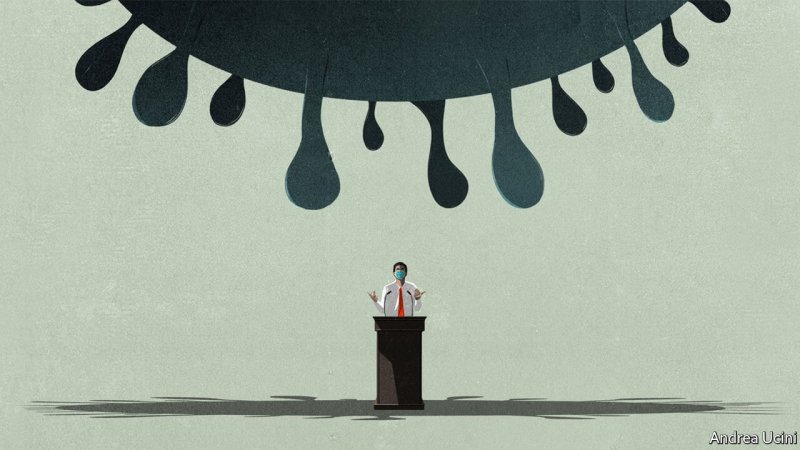Seeing science as a game of guess-and-test clarifies what has been happening these past months. Science is not about pronouncing with certainty on the known facts of the world; it is about exploring the unknown by testing guesses, some of which prove wrong.
Bad practice can corrupt all stages of the process. Some scientists fall so in love with their guesses that they fail to test them against evidence. They just compute the consequences and stop there.
How should the public begin to make sense of the flurry of sometimes contradictory scientific views generated by the Covid-19 crisis? There is no shortcut. The only way to be absolutely sure that one scientific pronouncement is reliable and another is not is to examine the evidence yourself. Relying on the reputation of the scientist, or the reporter reporting it, is the way that many of us go, and is better than nothing, but it is not infallible. If in doubt, do your homework.































